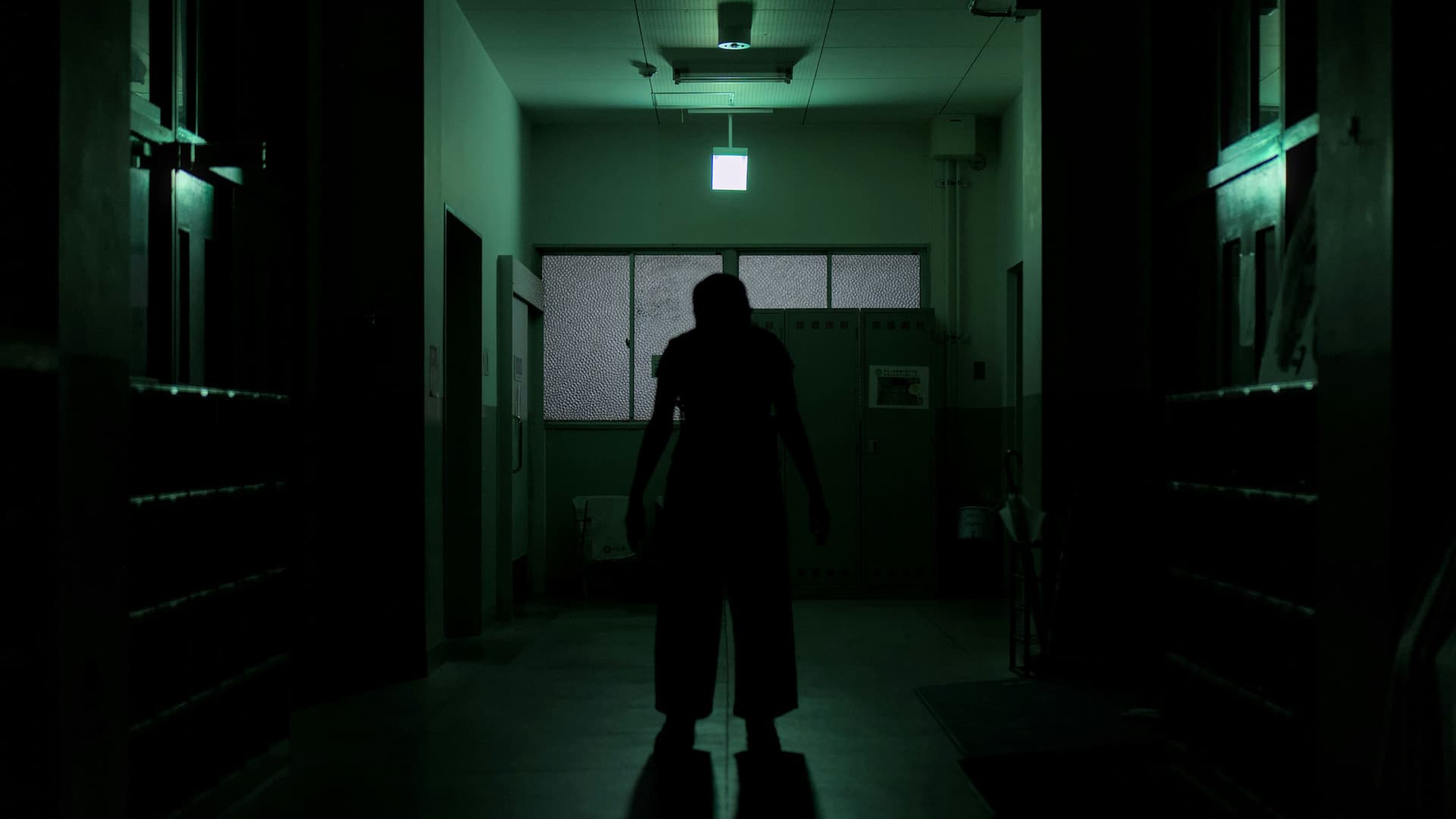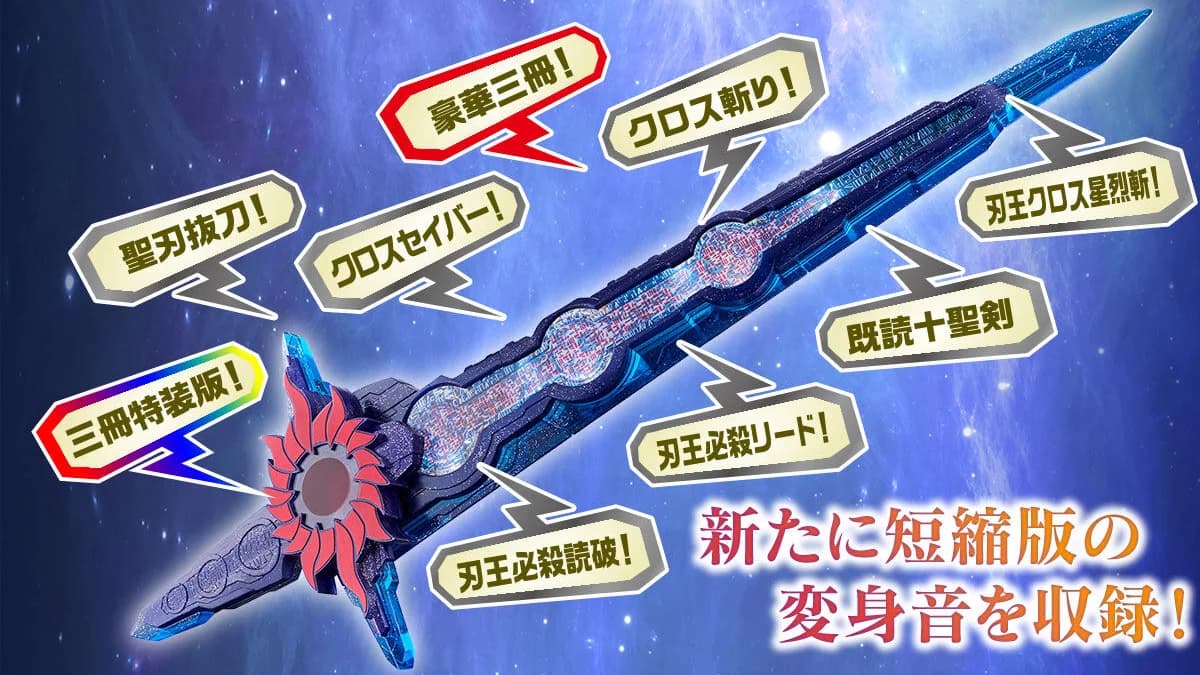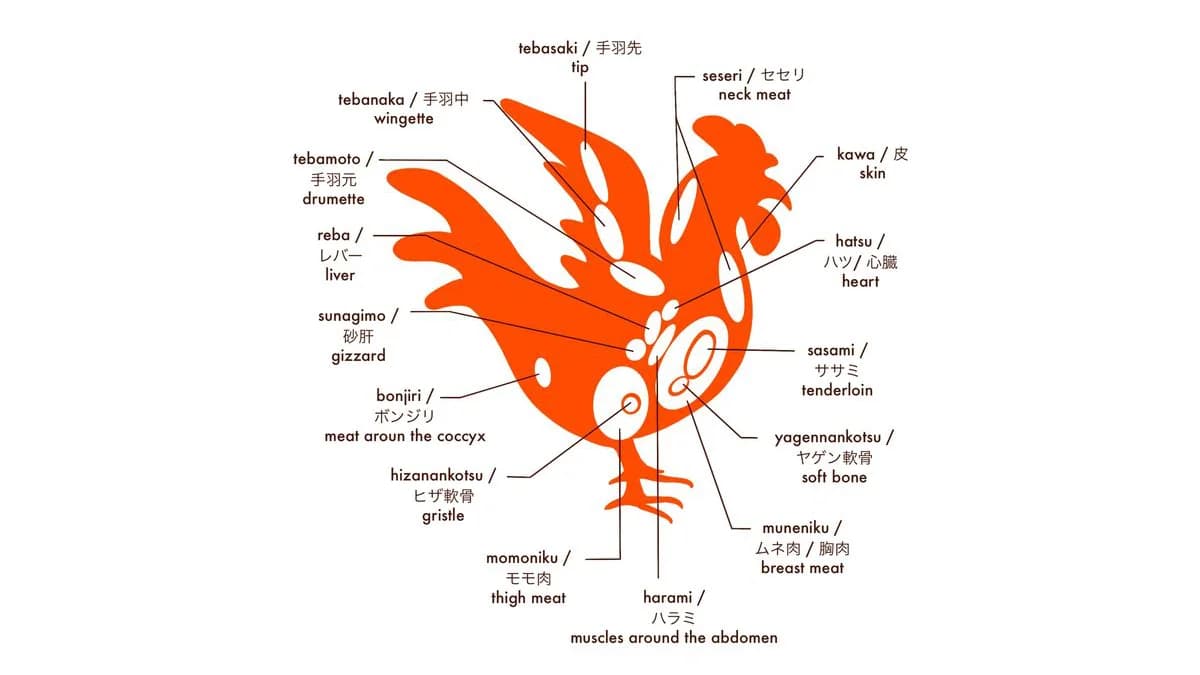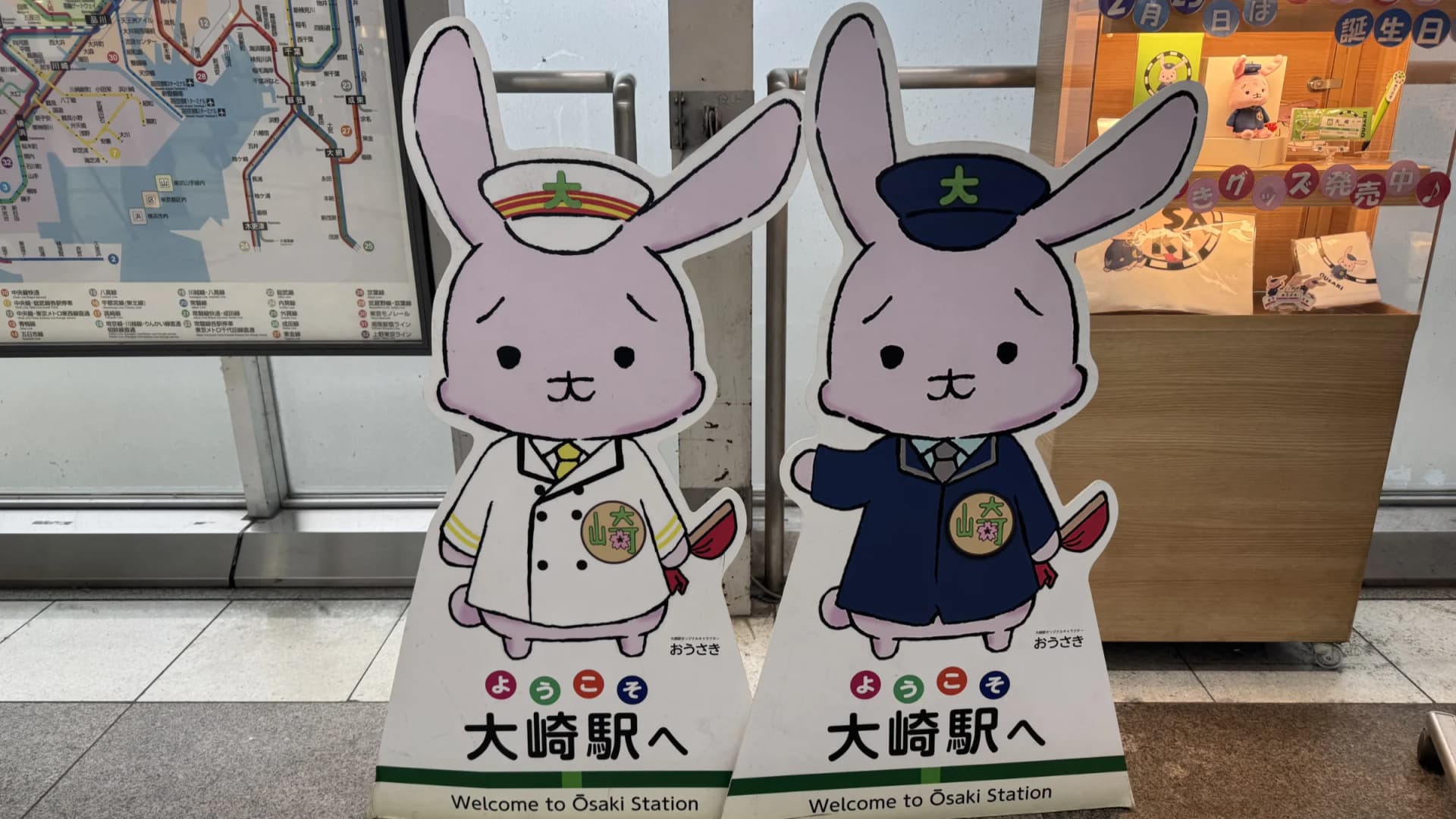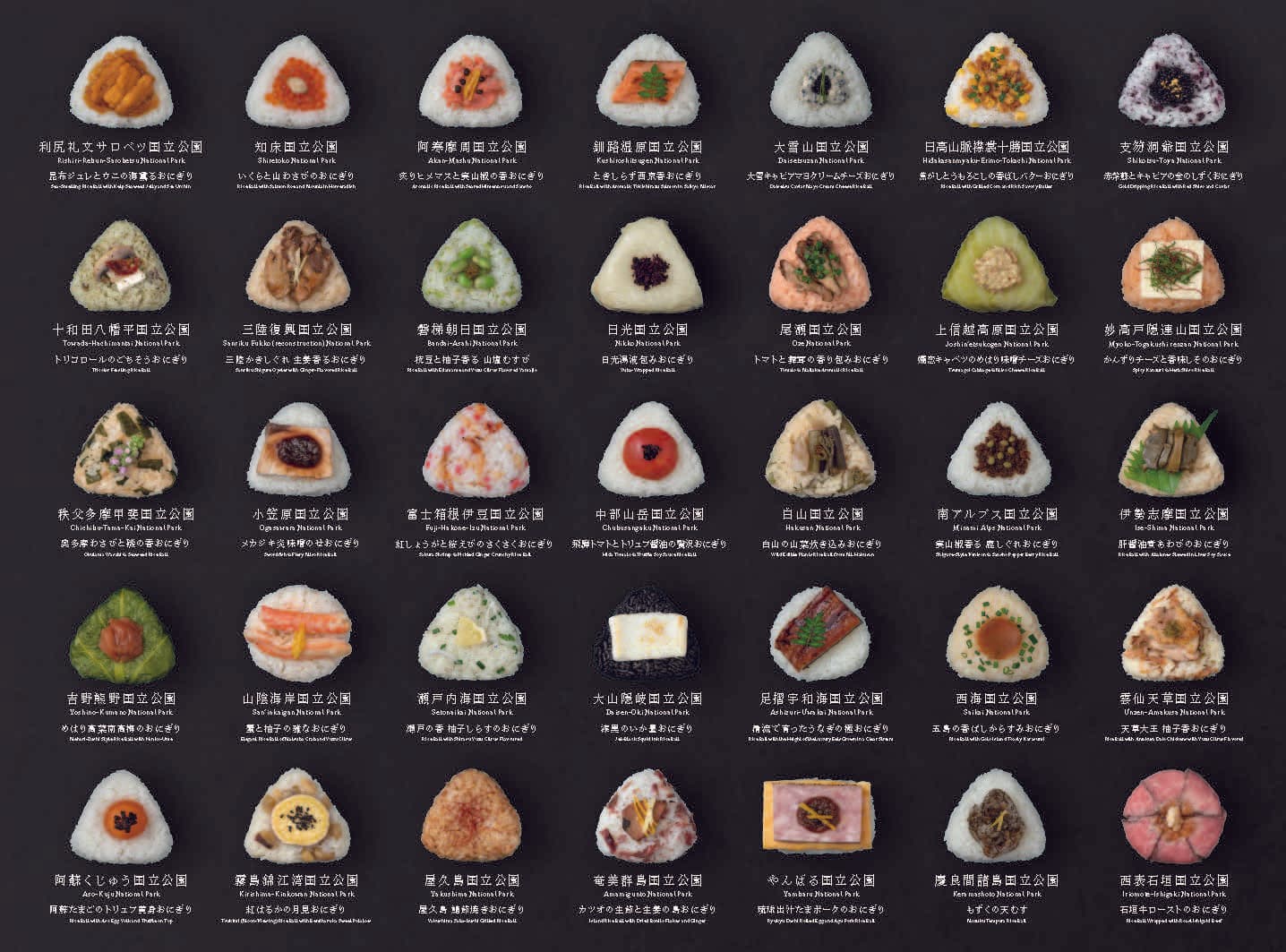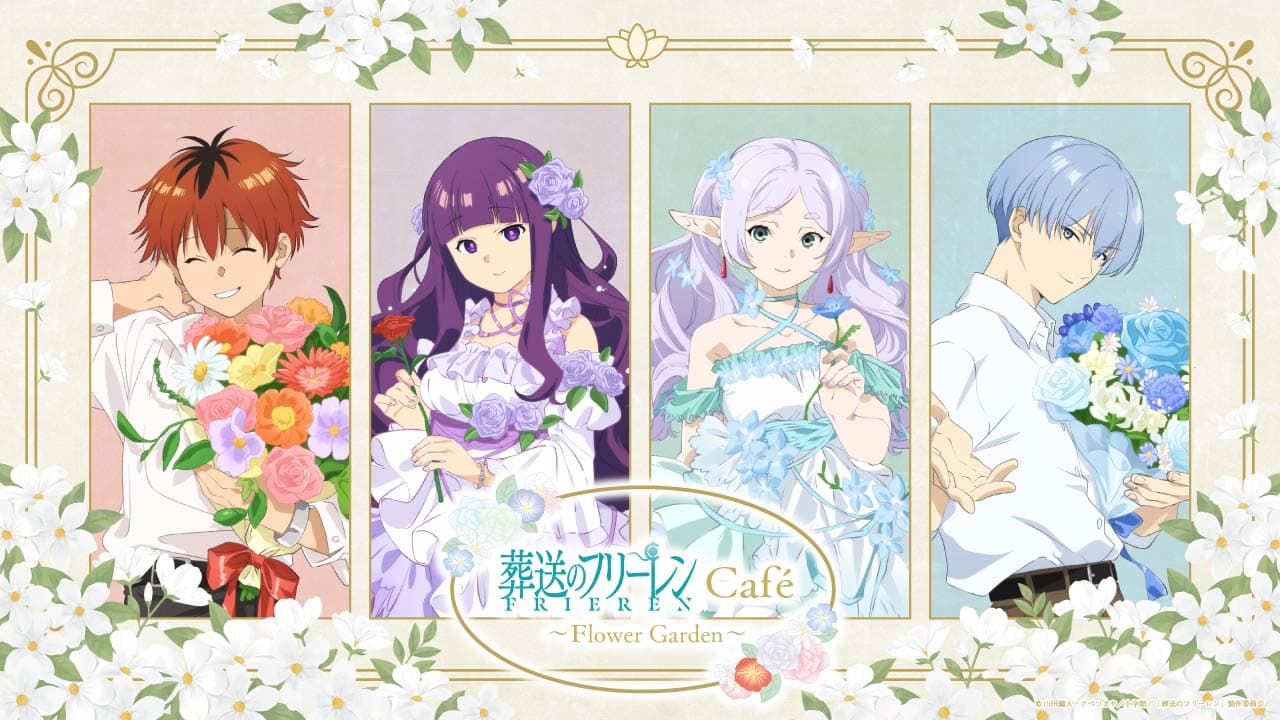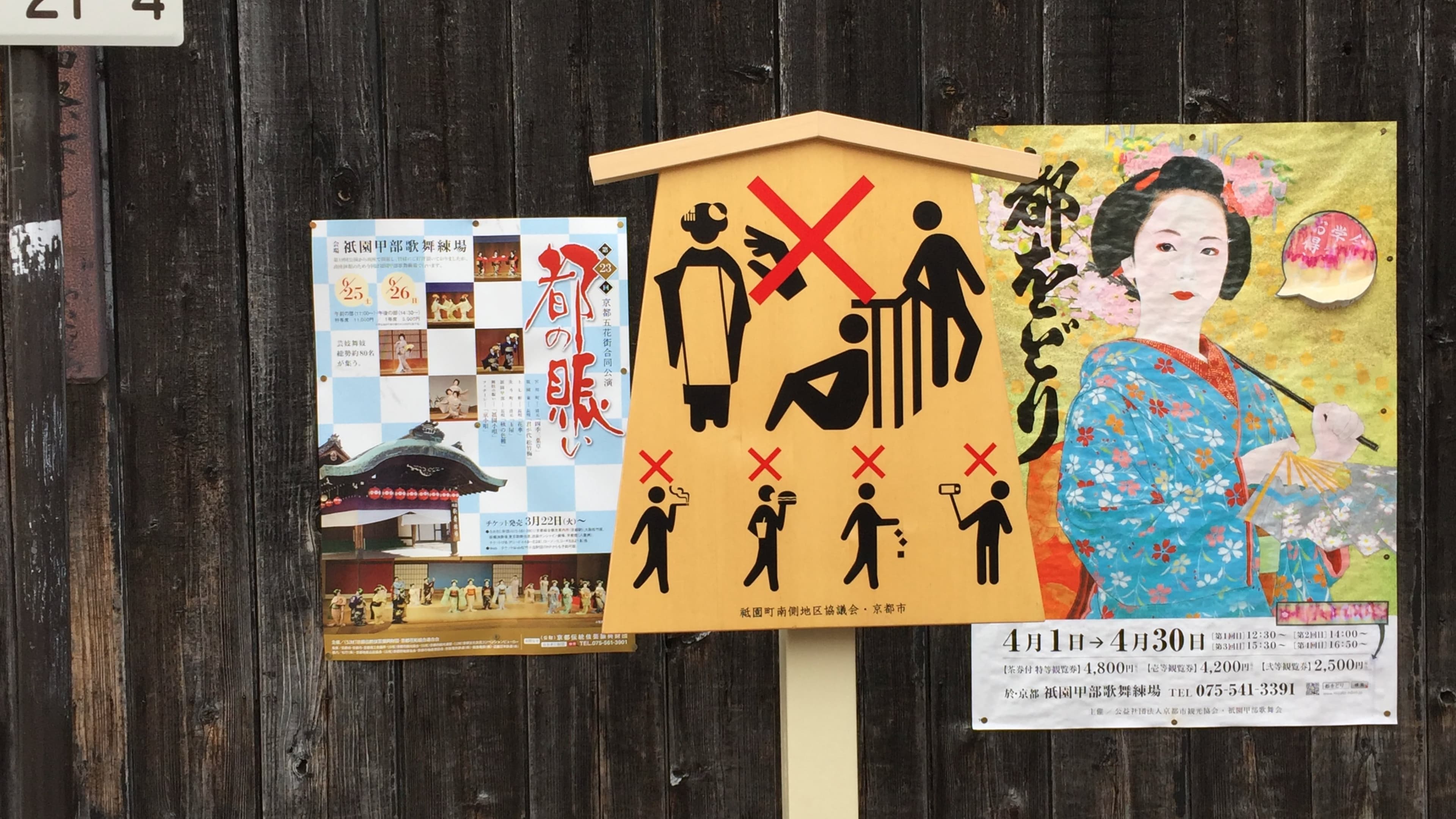
Public Rules in Japan
In Japan, there are both official rules established by law, violation of which can result in fines, and unofficial, unwritten norms. Disregarding the latter may be seen as impolite, but if you unknowingly break them due to unfamiliarity, it is generally understandable. Here are some of the key written and unwritten rules you should be aware of as a visitor.
Smoking in Public Places
In Japan, smoking in public areas, whether indoors or outdoors, is generally prohibited, except within designated areas that are marked with special signs. Be sure to look for these signs to ensure compliance with the no-smoking rule.
The regulation of e-cigarette vaping in Japan differs from many other countries. Vaping e-cigarettes, whether with or without nicotine, is legal, and you can easily purchase e-cigarettes without nicotine or their components without any issues. However, obtaining nicotine for e-cigarettes can be quite challenging, as it is regulated as a medicinal product. Nicotine for vaping e-cigarettes can be imported or bought online from abroad, but only for personal use and in quantities that do not exceed a monthly supply.
Rules Based on Age Restrictions
Starting in April 2022, Japan lowered the age of adulthood from 20 to 18, granting all young adults the right to vote from the age of 18. However, certain age-related restrictions remain unaffected by this change.
The legal age for purchasing and consuming tobacco, buying and consuming alcohol, as well as the minimum legal age for vaping, all remain set at 20 in Japan. Ensure that you possess a valid ID when buying or partaking in these products.
The age limit for participating in public sports gambling activities, such as horse racing, bicycle racing, boat racing, and auto racing, is also 20 years old.
Pachinko, a popular Japanese game, is strictly off-limits to individuals under 18 years of age. High school students, even if they are 18, are not permitted to enter or play in pachinko halls.
Consuming Food and Beverages while Walking
There's an unspoken norm that everyone observes in Japan: avoid eating and drinking while walking. While enjoying food and drinks in public spaces is perfectly acceptable, doing so while on the move can lead to unfortunate accidents or impede the flow of pedestrian traffic. Instead, simply step aside to the edge of the walkway, ensuring that you don't obstruct others' passage, and savour your meal or beverage in comfort.
Train Etiquette in Japan
Trains play a vital role in everyday life in Japan, with people spending a considerable amount of time commuting. Therefore, it's crucial for all passengers to cooperate and strive to make train journeys as comfortable as possible, especially during rush hours.
To maintain a pleasant atmosphere, it is advisable to refrain from engaging in loud conversations, eating, or talking on your phone while on the train. Additionally, you may hear announcements requesting that mobile phones be switched to silent mode. If you need to make an important call, consider moving to the space between train cars, where you can have some privacy and avoid disturbing fellow passengers.
Etiquette at Sacred Sites
Japan boasts a vast number of shrines and temples, each holding deep historical, religious, and aesthetic importance. These sites are frequently breathtakingly beautiful, making it impossible to resist capturing a photograph. Remember, what may be a tourist attraction for some can be a sacred space for others. Before snapping a photo, check for any “no photos” signs, and if you're uncertain, don't hesitate to inquire with a staff member. Be mindful not to disrupt or hinder those engaged in their prayers or rituals.
Traffic Rules
Japan follows left-hand traffic, an important point to remember as a pedestrian, especially in crowded passageways, train stations, and on escalators. Specific areas with different rules will be clearly marked, often on the floor. Regarding escalators, the general rule is to stand on the left side and pass on the right, with the exception of the 'rebellious' city of Osaka.
“No Shoes”
In Japan, the practice of removing shoes is common in various settings, extending from traditional dining establishments like izakayas to heritage sites, including museums, and often applies to onsen complexes as well. Recognizing places with a 'no shoes' policy is simple: search for shelves or lockers designated for shoes near the entrance. In certain cases, slippers may be offered for indoor use. It's also worth noting that some apparel shops might ask customers to take off their shoes before entering fitting rooms.
No Tipping
Japan does not have a tradition of tipping for services. Even if you're extremely satisfied with the service you receive and want to express your gratitude, it's not customary to leave a tip.
Dangers while Dining
Placing chopsticks vertically into a bowl of food is regarded as disrespectful, reminiscent of a ritual where a bowl of rice with chopsticks standing upright is offered at funerals. Furthermore, it is recommended to avoid rubbing disposable wooden chopsticks together, as this action might be perceived as suggesting the chopsticks are of poor quality.
Carry Your Trash with You
In Japan, there are very few public trash bins available, except in certain park areas, grocery stores, supermarkets, street vendor stalls, and vending machines that sell consumable goods. Therefore, it is advisable to carry a dedicated trash bag with you and dispose of your trash at your place of accommodation.
Also, keep in mind that when you purchase consumable goods like food and drinks from vendors, even if there are no trash bins nearby, you can return the trash to the vendor who sold you the product.
“No Tattoo” Rule in Onsen
In Japan, it is generally considered taboo to enter an onsen if you have visible tattoos. This prohibition stems from a complex blend of cultural, historical, and societal factors. Historically, tattoos have been associated with the yakuza, a Japanese organised crime syndicate. As a result, tattoos have been stigmatised, and onsen owners have adopted policies to discourage yakuza presence. Many people, especially older generations, may still view tattoos as rebellious or associated with criminal activity. Allowing tattoos in an onsen could make other guests uncomfortable or create an undesirable environment. Some onsen owners also express concerns about hygiene, as open wounds or poorly maintained tattoos could potentially introduce contaminants into the communal waters, compromising the health and safety of other bathers. While attitudes toward tattoos are evolving, and younger generations in Japan may be more accepting, many onsen establishments maintain their no-tattoo policies.
Last Updated:
